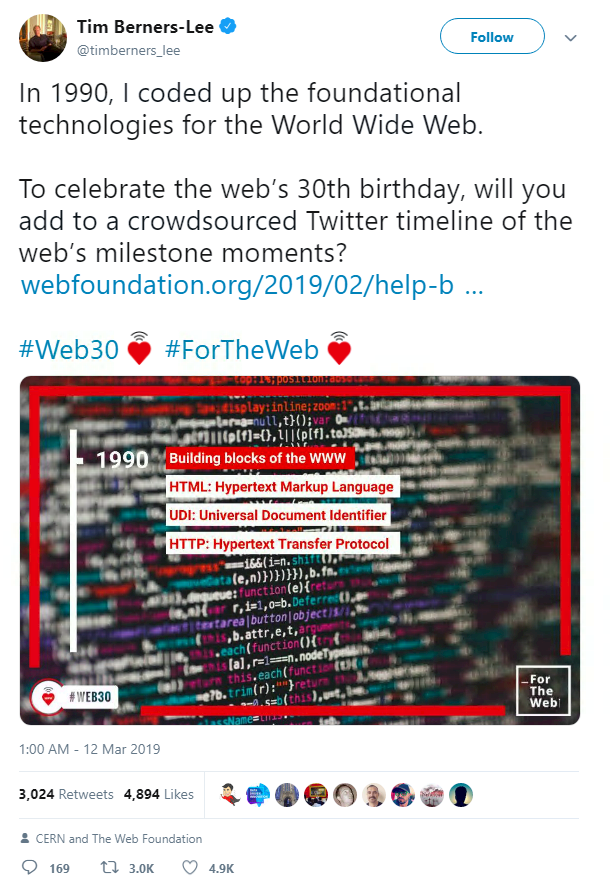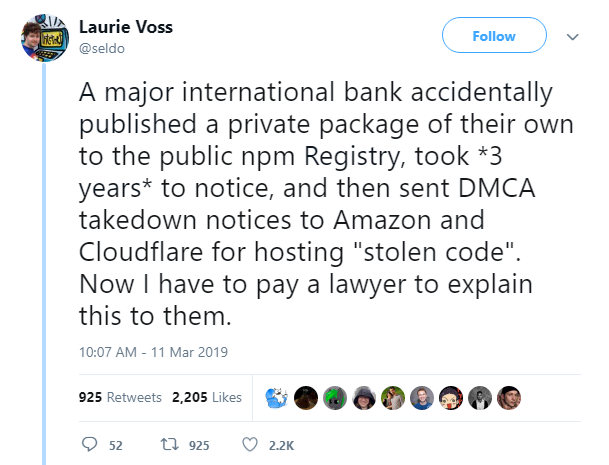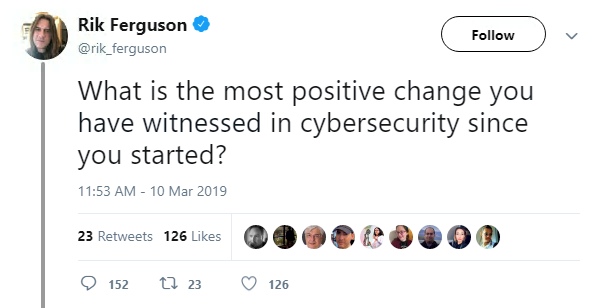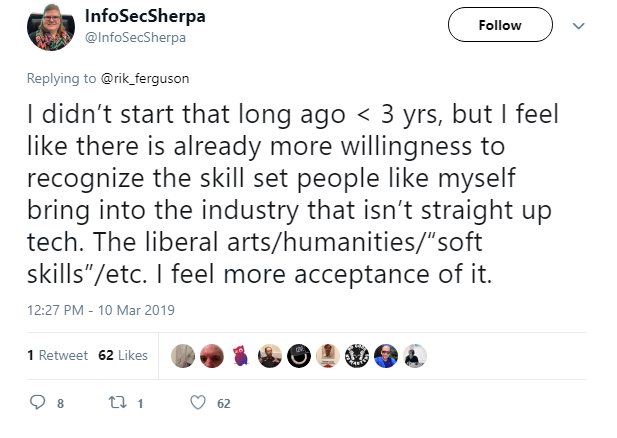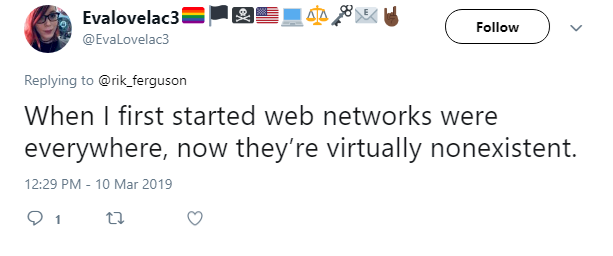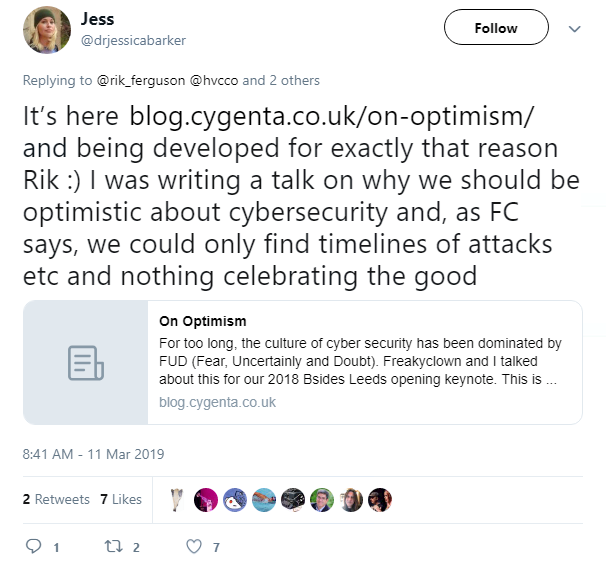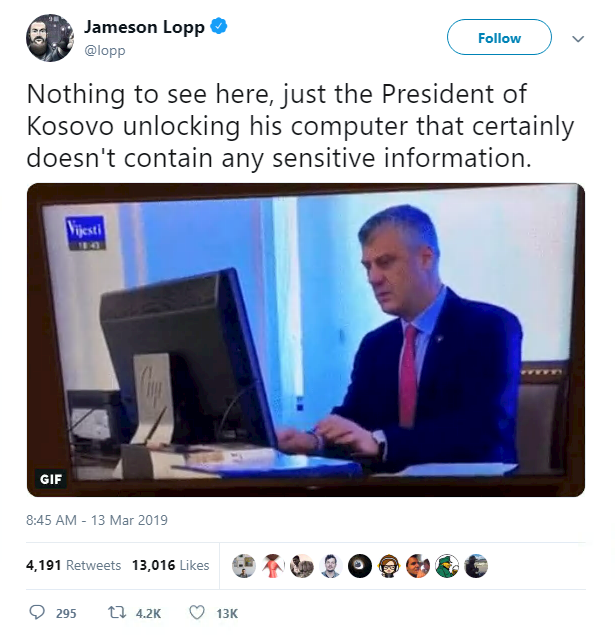Top infosec trends in the social media spotlight this week

The World Wide Web reached a major milestone this week, as the online space that we’ve all come to love, and hate, rang in its 30th birthday.
Sir Tim Berners-Lee, the man behind Hypertext Transfer Protocol (HTTP) client and server technology and Hypertext Markup Language (HTML), which paved the way for the web’s infrastructure, took part in a webcast streamed via US non-profit The Internet Society to reflect on his 1989 innovation.
You can find out more about the celebrations by reading The Daily Swig’s article here, but the day’s events might be summarized with words written by Sir Tim himself:
“Suppose all the information stored on computers everywhere were linked. Suppose I could program my computer to create a space in which everything could be linked to everything.”
Twitter users also marked the occasion:
While more and more of us have moved online and into first gear on the information superhighway, the undeniable benefits of greater connectedness have not been without their downsides.
Sir Tim noted this in a blog post pinned to the World Wide Web Foundation website, where he outlined issues such as harassment, misinformation, and ad-based revenue models to be some of the complicated hurdles that would need to be tackled in the coming years.
“Governments must translate laws and regulations for the digital age,” he said.
“They must ensure markets remain competitive, innovative and open. And they have a responsibility to protect people’s rights and freedoms online.”
It sounds like cybersecurity professionals will have their work cut out for them, particularly as users and organizations alike continue to fall behind on their digital hygiene practices and general understanding of the industry.
Earlier this week, for instance, Laurie Voss, chief data officer at npm, Inc., reported how an international bank had taken three years to notice how it had disclosed some of its private information on the public NPM Registry.
The bank was less than thrilled when it found out, and brought out its lawyers to sort what it thought was an attack on its intellectual property.
Despite the bank being at fault, some jumped to its defense and called for the need to make security by design the default setting for all digital tools.
As data breaches continue to make headlines, a 21-year-old man in Australia was arrested this week for selling nearly a million account passwords for popular services like Netflix, Spotify, and Hulu.
The passwords are said to have been stolen by the accused, who then sold the details on a website called the WickedGen, bringing in an illegitimate profit of approximately AU $300,000 (US $211,000).
The arrest was part of an international investigation by the FBI and Australian Federal Police, who released a statement.
“This arrest is another example of the value and importance of our relationship with the FBI. These partnerships – both internationally and domestically – are critical in law enforcement being able to respond to rapidly-evolving and increasingly global crime types,” it read.
Lots of changes may well be coming and, while it all sounds a bit grim, the cybersecurity industry took a moment to reflect on some of the positive aspects of what the young industry had to offer.
And finally, we’re only just into the month of March, and there’s already a contender for this year’s #StupidSecurity, as a video surfaced on Twitter that appeared to show Hashim Thaçi, the President of Kosovo, entering an all-too-simple password to gain access to his computer.
Apparently taking a leaf out of Kanye West’s opsec book, the premier skipped his fingers over the keyboard to enter a password of ‘123456’ (or was it QWERTY?).






